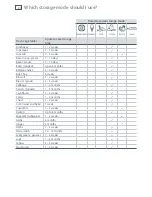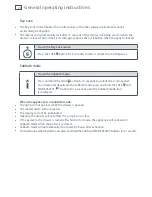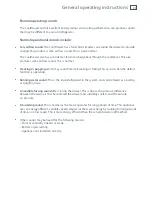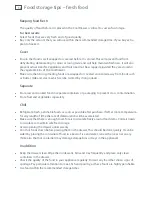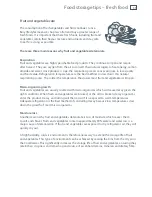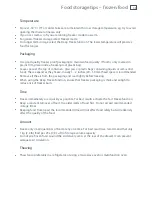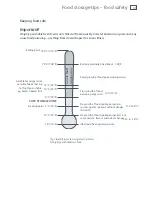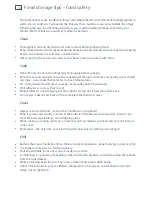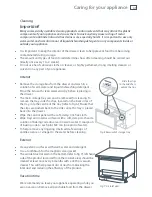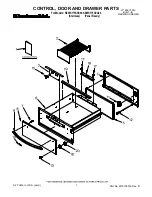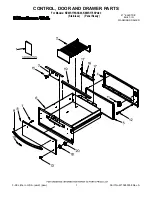
31
Food storage tips
How can you slow down food spoilage?
Temperature control
Cold temperatures will slow down bacteria, mould and yeast growth. Remember the faster you
chill or freeze your food the safer it will be from microbial growth and the better quality it will
retain for longer. Once chilled to below 4°C / 39°F or frozen to -18°C / 0°F the temperature must
be kept constant and accurate without large temperature fluctuations.
Chemical and biochemical reactions
Such reactions occur naturally in fresh produce and are what
cause foods to ripen and eventually to decay. Chemical reactions
are slowed down at colder temperatures. This means your fruit
and vegetables will ripen slowly, therefore last longer when
stored at refrigerator temperatures. The colder the temperature
the slower this reaction will occur.
Moisture loss
Most food contains at least 60% moisture. The air in a refrigerator is very cold and therefore
will dry out foods over a period of time. It is recommended that food is covered or wrapped to
prevent unnecessary moisture loss. Moisture loss of fruit and vegetables is reduced when stored
in the humidity controlled bins. Fruit and vegetables do not need to be covered when stored in
the bins.
Absorption of foreign odours and flavours
Exchange of odours can occur in many foods. Food such as eggs, butter and milk will absorb
odours readily from fish. Fruit and eggs will also absorb flavour from onions. It is important to
wrap odorous food to prevent this flavour transfer.
Your CoolDrawer has constant and accurate temperature control, providing a stable environment
for your food. This combined with rapid cooling and freezing rates reduces the rate at which
food will deteriorate.






